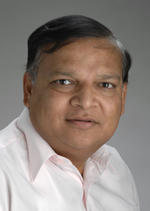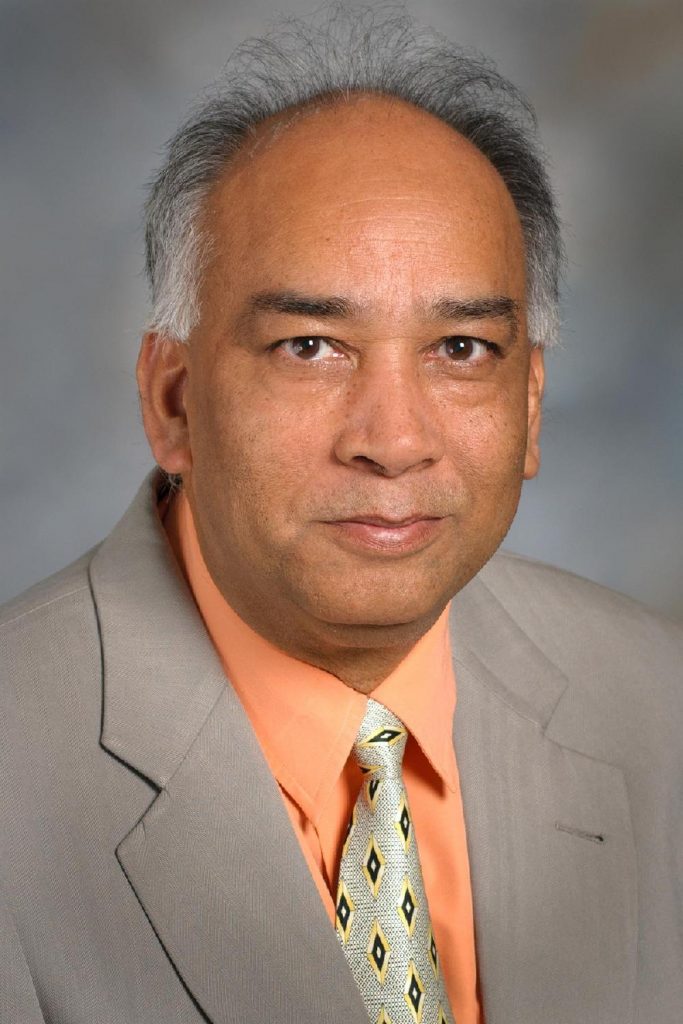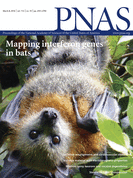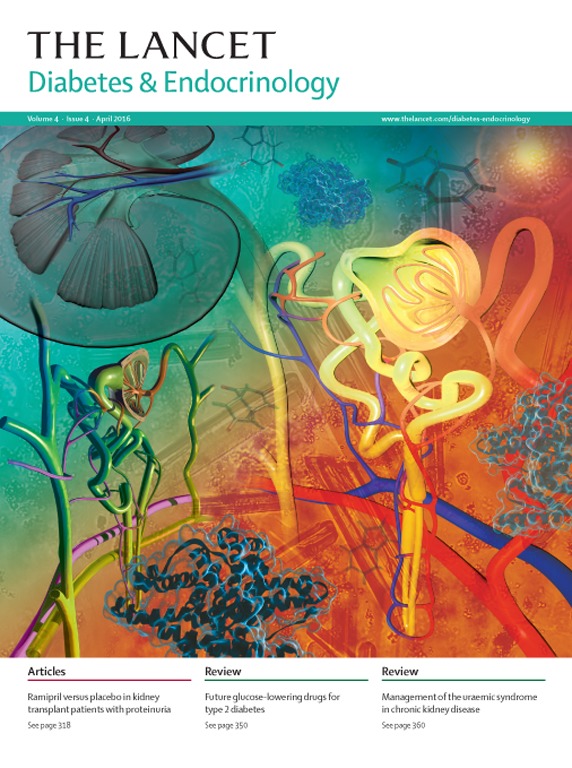
A researcher fired from the University of Kansas Medical Center (KUMC) in 2014 for plagiarizing the work of a Harvard scientist has been barred from receiving Federal U.S. funding for two years.
The sanctions come three years after the U.S. Office of Research Integrity (ORI) tried to impose a three-year ban on funding for Rakesh Srivastava, who appealed the move. In September of this year, Department of Health and Human Services administrative law judge Keith Sickendick recommended a two-year sanction.
In his decision, Sickendick noted that there was no evidence that Srivastava had engaged in research misconduct other than in this incident, and that he denied adding the plagiarized passages to the grant application himself. (Srivastava, who had also worked at the University of Maryland, Baltimore, is last author on a 2002 retraction from the Journal of Biological Chemistry for plagiarism, but it is unclear who was responsible.)
ORI tells Retraction Watch that it is “pleased that the ALJ upheld its findings.
An ‘Eminent Scholar’
Srivastava — along with his wife, Sharmila Shankar — joined KUMC in 2009 to great fanfare: Continue reading Former University of Kansas researcher who plagiarized Harvard prof banned from Federal funding for two years



 Sometimes, corrections are so extensive, they can only be called one thing: Mega-corrections.
Sometimes, corrections are so extensive, they can only be called one thing: Mega-corrections. When
When 
 Six months ago, the media was ablaze with the findings of a new paper, showing that nearly six percent of cancer cases are caused, at least in part, by obesity and diabetes. But this week, the journal retracted that paper — and replaced it with a revised version.
Six months ago, the media was ablaze with the findings of a new paper, showing that nearly six percent of cancer cases are caused, at least in part, by obesity and diabetes. But this week, the journal retracted that paper — and replaced it with a revised version. A researcher collected her own blood and forged the labels so it would appear to be samples from nearly 100 people, according to a
A researcher collected her own blood and forged the labels so it would appear to be samples from nearly 100 people, according to a 